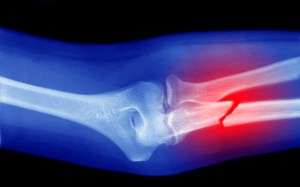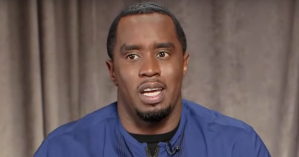Experts are now saying that a payroll tax suspension will not provide much help to unemployed Americans through the coronavirus pandemic, despite what President Donald Trump says. Trump is advocating for a payroll tax suspension as the next step to ease the economic fallout of the virus, saying he favors this over another round of stimulus checks. Tax law experts and economists say this will provide little relief to individual Americans — especially those who are unemployed.
While many Americans are still waiting for their first stimulus check, lawmakers are already working on the next relief bill. Some are proposing another round of relief payments directly to the American people, but the president favors payroll tax cuts instead. On Tuesday, he said that the tax cuts “would really be an incentive for people to come back to work and for employers to hire.” However, according to a report by ABC News, there is a strong chance that that would not help struggling Americans.
Videos by PopCulture.com
Garrett Watson, senior policy analyst for the Tax Foundation, told reporters that there has been research showing that tax cuts like this have little effect on unemployment levels themselves. In addition, this method would do little to help the most vulnerable Americans — service industry workers who rely on tips and who do not get paid sick leave, especially.
“When you do a temporary tax cut like what the White House is proposing, the literature generally finds there isn’t a big effect on employment levels,” Watson said. “If you look at the 2009, 2 percentage points payroll tax cut under the Obama administration, the evidence bears out that most of that federal tax cut was saved by consumers.”
It is not totally clear how other Republican lawmakers would respond to a push for payroll tax cuts, as they vehemently opposed the method when President Barack Obama pushed it in 2009. Similarly, House Democrats have already signaled their opposition to it this time around, and Sen. Bernie Sanders called the idea “pathetic.”
“On the left, the concern is more the downstream effects of how well targeted it is to low income individuals who are not employed right now — and that it might be more of a windfall for the higher earners folks who are currently employed,” Watson said.
Several Democrats are now pushing for a relief bill that would provide Americans with a stimulus check every month for the rest of the crisis, worth up to $2,000. So far, several Republicans seem to be opposed to this idea as well. For the latest information on the coronavirus pandemic, visit the websites of the CDC and the World Health Organization.









